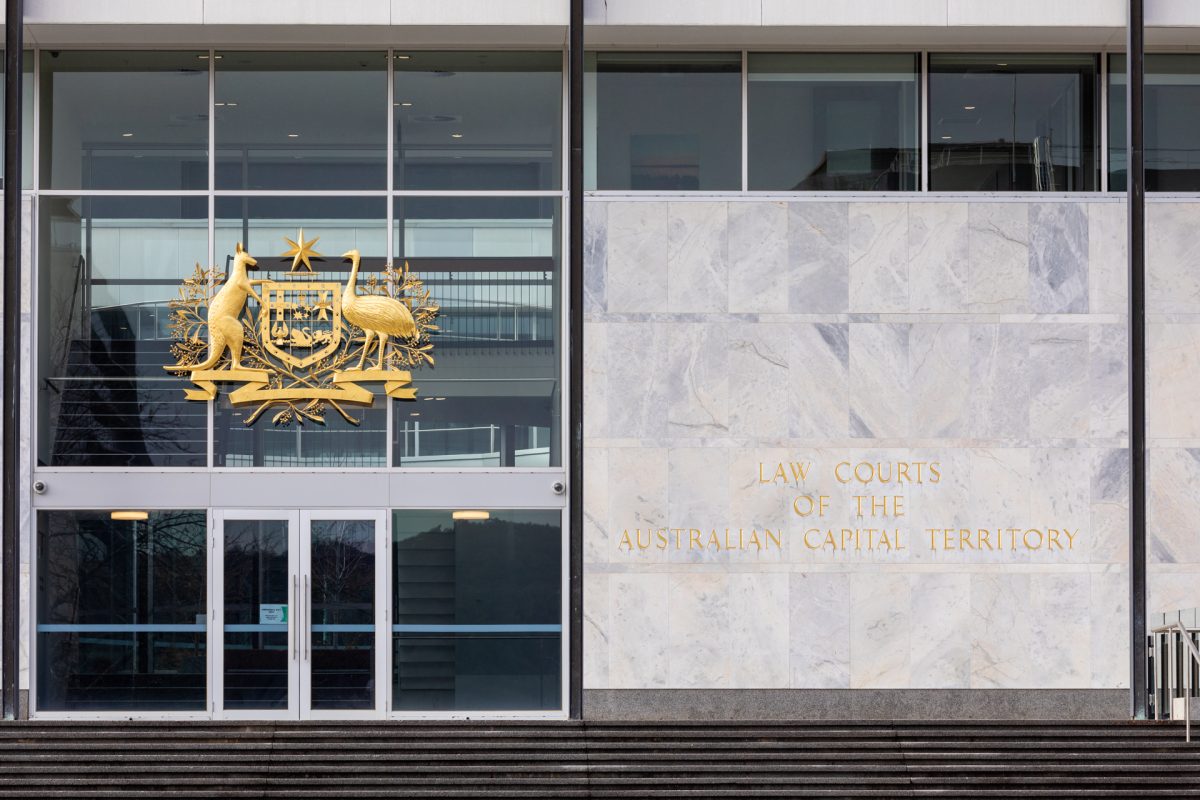
Bruce Richard Young, 63, was found guilty of using a false document earlier this year. Photo: Michelle Kroll.
A formerly successful landscape architect whose company once had millions of dollars in turnover each year used a fraudulent document to claim $12,500 so he could pay his employees.
But Bruce Richard Young has managed to avoid a conviction for the charge of using a false document, with a magistrate at the ACT Magistrates Court saying it “perhaps looked like a Robin Hood-type scenario”.
Young has worked on high-end projects like the Darling Harbour redevelopment in Sydney, landscaping at the Royal Military College of Duntroon, and projects overseas.
He spent 20 years as the director of Landscape Direct before it became insolvent, but at the height of his success, he had 70 employees and an annual turnover of about $10 million.
In 2018, Landscape Direct had contracts with the ACT Government, including maintaining parkland areas at barbecues.
That July, Young was winding up his company and had a novation document to transfer work from it to a new company he was starting, and while he signed the document, the government had not.
He forged two signatures on the document from people who didn’t work with the government and forwarded it to the administrator to show the company was operating and get his employees paid, even though the company was not operational.
The administrator accepted the document as genuine and transferred the money. Young continued to stand by his version of events for some weeks afterwards.
On Thursday (8 September), barrister Phillip English said his 63-year-old client was now bankrupt and was very remorseful and upset over what he had done.
He asked for a non-conviction order, partly because he said a conviction would cause the Sydney man difficulty obtaining government contracts and he’d already had “a significant fall from grace”.
“It’s not like he’s gone unpunished, Your Honour; he has and is wearing the consequences of his actions which serves as a form of retribution and specific deterrence,” Mr English said.
But the prosecutor fought against a non-conviction. Magistrate James Lawton had found Young guilty after a two-day hearing earlier this year, and the prosecutor argued that the consequence of such a finding was the recording of a conviction.
The court heard there were alleged “nefarious practices” among several employees of Landscape Direct before the turnover plummeted to $1 million.
Magistrate Lawton said the company’s financial difficulties couldn’t be attributed to anything Young had done other than perhaps losing oversight in his role as director.
He said Young was under significant financial and emotional pressure at the time of offending as he was attempting to keep the company going and keep his obligations to his employees who had their own financial burdens.
He said the offending was not for personal gain as the $12,500 was dispersed to pay outstanding wages.
“It was a desperate act by a director of a failing company to provide some remuneration to his employees,” Magistrate Lawton said.
He said it was clear Young would not re-offend, believed there were extenuating circumstances and found him guilty, but chose not to record a conviction.
Young, who appeared in court over audio-visual link along with his barrister, was released on a two-year good behaviour order.














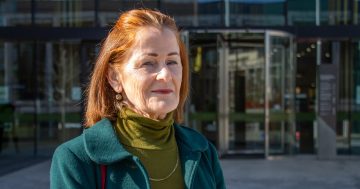

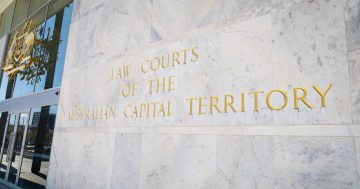
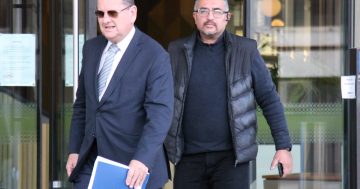
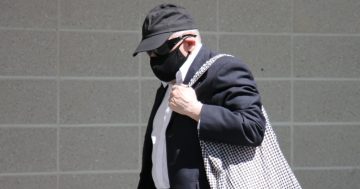
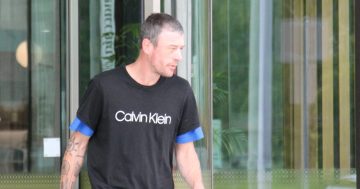


They’re running classes every Tuesday & Thursday night at Canberra Martial Arts & Fitness, Coombs… View